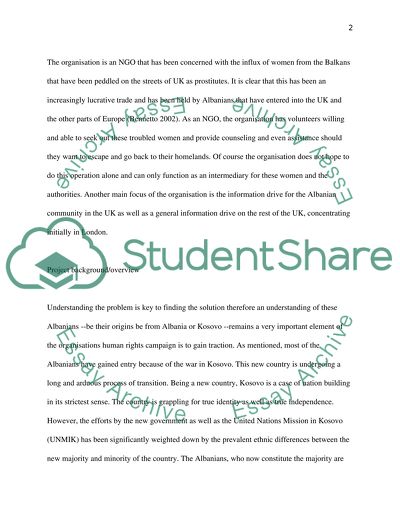Cite this document
(“Human Rights: Campaign Proposal and Campaign Rationale Essay”, n.d.)
Retrieved from https://studentshare.org/environmental-studies/1422445-achieving-human-rights-strategies-for-change
Retrieved from https://studentshare.org/environmental-studies/1422445-achieving-human-rights-strategies-for-change
(Human Rights: Campaign Proposal and Campaign Rationale Essay)
https://studentshare.org/environmental-studies/1422445-achieving-human-rights-strategies-for-change.
https://studentshare.org/environmental-studies/1422445-achieving-human-rights-strategies-for-change.
“Human Rights: Campaign Proposal and Campaign Rationale Essay”, n.d. https://studentshare.org/environmental-studies/1422445-achieving-human-rights-strategies-for-change.


